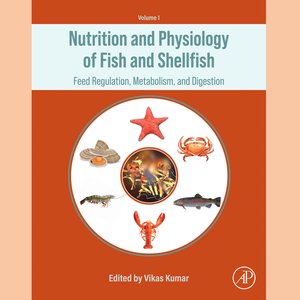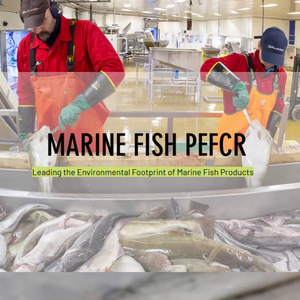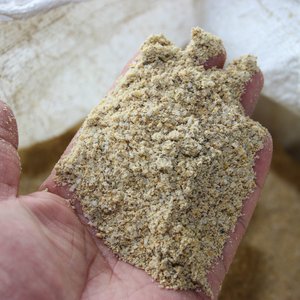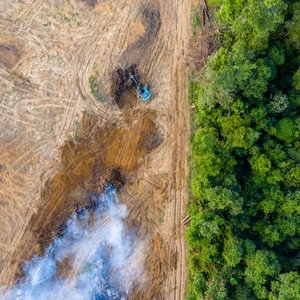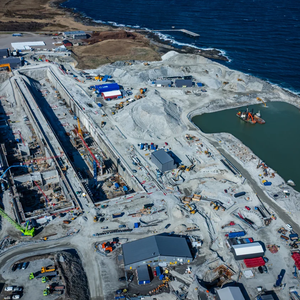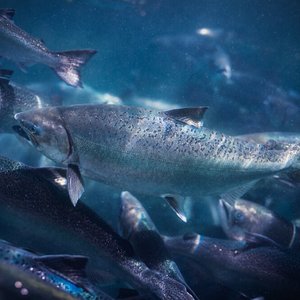Prospective analysis of aquaculture development
Whereas the recent global expansion of aquaculture is unlikely to continue at the same pace, certain regions have underexploited resources and offer considerable potential for further development. A Delphi method was used to identify and analyse opportunities and major impediments to aquaculture development globally and by region. Findings of this effort were reported in a recent FAO Fisheries and Aquaculture Technical Paper, Prospective analysis of aquaculture development: The Delphi method. Although results varied among regions, there was a general consensus that aquaculture should be encouraged given, among other reasons, itspotential contribution to food security and poverty alleviation and the role of aquaculture in reducing pressure on wild fisheries. The report contains valuable information for policy-makers wishing to promote aquaculture.
by
Nathanael Hishamunda
Fishery Planning Officer, Fisheries and Aquaculture Economics and Policy Division
FAO Fisheries and Aquaculture Department
Florence Poulain
Consultant, Fisheries and Aquaculture Economics and Policy Division
FAO Fisheries and Aquaculture Department
and
Neil Ridler, FAO Visiting Expert, Professor of Economics
University of New Brunswick
Saint John, Canada
Abstract
In order to evaluate the major impediments to aquaculture development in different regions of the world and to indicate opportunities for expansion, a Delphi analysis was undertaken. The Delphi method is particularly useful for sectors such as aquaculture where discontinuities exist and where historic trends cannot be easily extrapolated into the future. The recent global expansion of aquaculture is unlikely to continue at the same pace; however, certain regions have underexploited resources and offer considerable potential. The Delphi method allowed experts in different regions to indicate where the potential and constraints are; they were also encouraged to offer their policy solutions.
Experts from Latin America and the Caribbean were particularly optimistic about opportunities for future aquaculture expansion in their region. With a plentiful natural resource base and sufficient demand for fish products, their principal concern was lack of financing and of human capacity. Other regions such as Eastern Europe were less sanguine partly because of problems with species or with external factors such as negative public perceptions towards aquaculture. However, there was a consensus in all regions that aquaculture should be encouraged. Reasons given ranged from the contribution of aquaculture to food security and poverty alleviation to the role of aquaculture in reducing pressure on wild fisheries.
Contents and full publication may be downloaded from FAO


